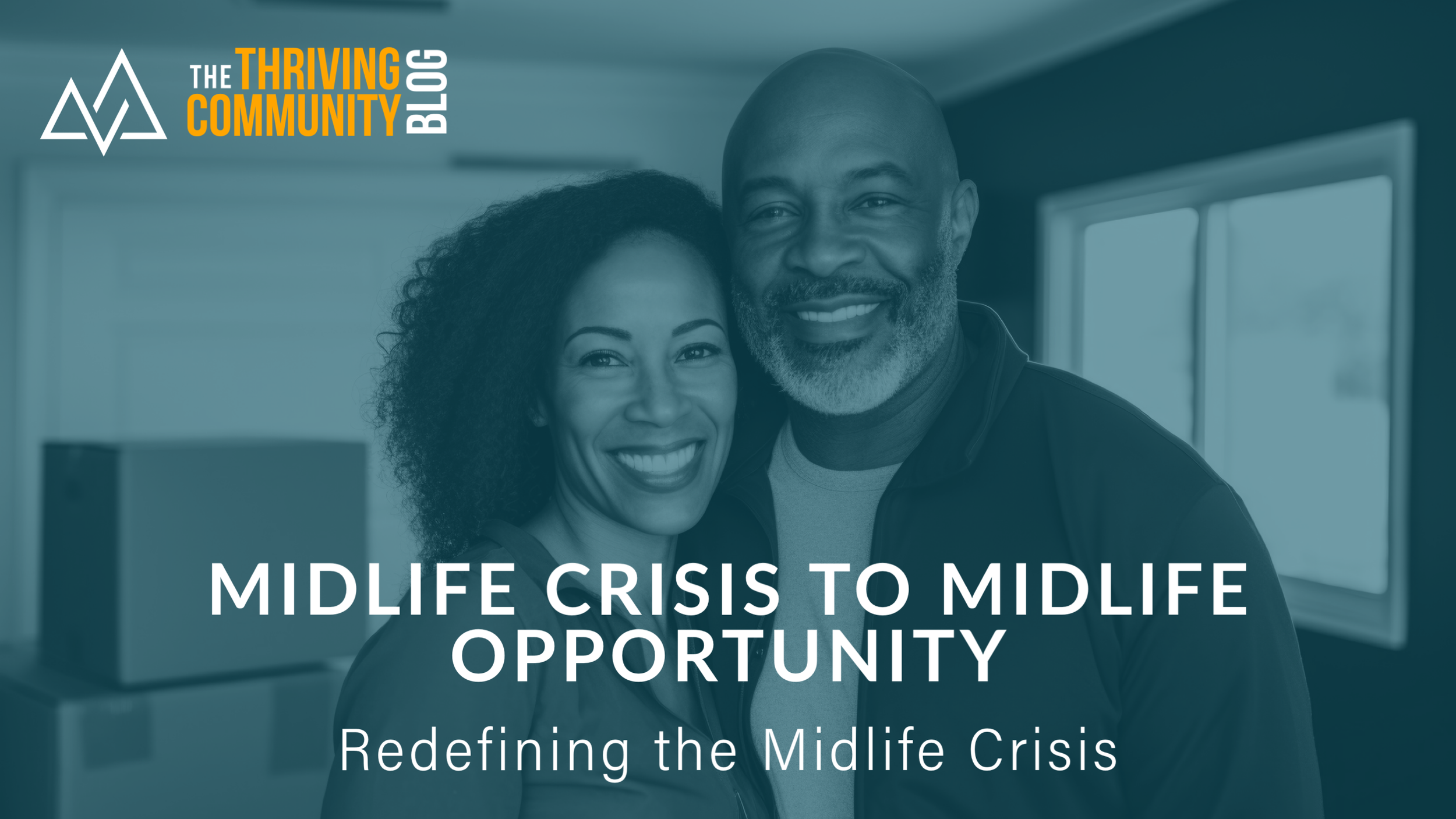
the Thriving Community
Midlife Crisis To Midlife Opportunity: Redefining the Midlife Crisis
Unlock the secrets to transforming a midlife crisis into a catalyst for growth.
Ever thought a midlife crisis was just about sports cars and unexpected life twists? Think again. Dive deep into the true essence of a midlife crisis—it's more than a stereotype; it's a chance for profound personal growth. From understanding the triggers to embracing the opportunities for reinvention, our latest blog post sheds light on how this pivotal period can significantly alter the course of your life.
Discover how to turn what many dread into a powerful moment of transformation and start on a path to the authentic life you've always wanted. Are you ready to explore and embrace the possibilities? Read more and redefine what a midlife crisis means for you.
From Stigma to Strength: Redefining Crying
Victor Hugo wrote in Les Misérables, “Those who do not weep, do not see.” This captures the essence of crying as not just a release but a means of truly seeing and understanding our emotions, ourselves, and the world around us. From our first moments as infants, tears are our primary form of expression, conveying needs and emotions from discomfort to joy. However, as we grow, societal stigmas and personal experiences often teach us to view vulnerability and crying as signs of weakness.
But what if we changed our perspective on tears? Rather than viewing them as a weakness, we could see them as a testament to our humanity, a bridge to deeper understanding and connection. Reflect on the times when crying brought you relief or deepened a relationship.
How might embracing tears more openly change your life? What would it feel like to let those emotions flow freely without fear of judgment? As we delve into the significance of emotional vulnerability, let's consider how allowing ourselves to cry can not only enrich our connections with others but also enhance our personal growth.
Beyond Goodbye: Navigating Loss, Identity, and Healing
In times of grief, people often follow societal norms that perpetuate a common misconception - that some types of loss are considered more significant or worthy of mourning than others. This misguided belief suggests that the death of a loved one should cause deeper grief than the loss of a job, a cherished dream, or even a beloved pet. However, it's vital to confront this fallacy and recognize that grief knows no hierarchy in our system. It is a deeply personal and complex experience that goes beyond societal judgments and classifications. The loss can be challenging, no matter how big or small. Grief can hit you hard and make you feel all sorts of emotions. It takes work to overcome the challenges that come with it. Today, we embark on a journey to dismantle the notion of a grief hierarchy and delve into the multifaceted nature of mourning, acknowledging the validity of all forms of loss and their distinct impact on each person.



